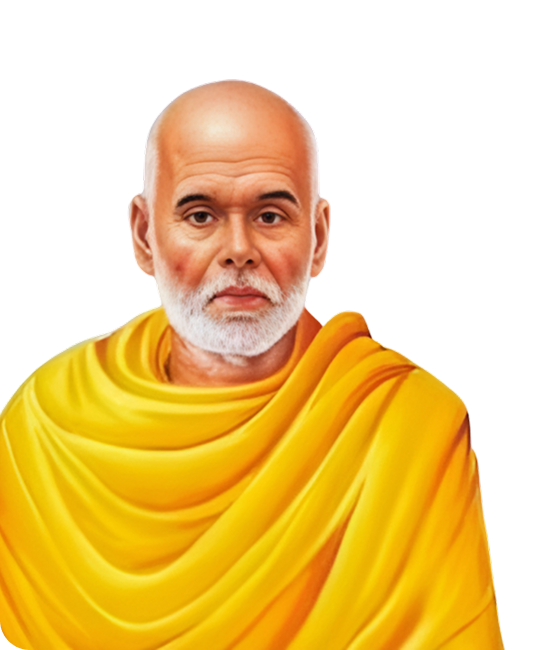Our Ideology
Justice, Equality, and Rational Governance
The current political and social system in India is deeply unjust, benefiting a privileged few at the expense of the majority. Power remains concentrated in the hands of elites—defined by caste, class, gender, legacy, and language—while the common people continue to struggle for basic rights, dignity, and opportunity. Politicians prioritize their self-interest, wealth, and power over the needs of the people, creating policies that sustain inequality rather than eliminate it.

Inspirations from Revolutionary Thinkers & Leaders
Our ideology is deeply rooted in the transformative ideas of great social reformers and visionaries who fought against oppression and laid the foundation for an equal and just society.
Dr. B.R. Ambedkar – Architect of Social Justice & Constitution

Dr. Ambedkar was the chief architect of the Indian Constitution and the greatest champion of Dalit rights. He dedicated his life to annihilating caste, ensuring legal and social justice, and empowering marginalized communities. His vision of constitutional democracy, economic equity, and rational thought remains at the core of our movement.
Periyar E.V. Ramasamy – Father of the Self-Respect Movement

Gautama Buddha – Pioneer of Rational Ethics & Liberation

Buddha’s teachings emphasized compassion, non-violence, rational thinking, and self-liberation. His rejection of hierarchical structures and his call for social harmony inspire us to fight against systemic discrimination and work towards an equitable and mindful society.
Basavanna – Social Reformer & Advocate of Equality

Jyotirao Phule – Revolutionary Against Caste & Gender Oppression

Savitribai Phule – Pioneer of Women’s Education & Liberation

Shahu Maharaj – The Royal Crusader for Social Justice

Shahu Maharaj was a visionary ruler who implemented reservations for backward classes long before it was mainstream. His policies in education, social welfare, and affirmative action remind us that governance must work towards uplifting the most oppressed sections of society.
Narayana Guru – The People's King & Reformer

Nalvadi Krishnaraja Wodeyar – The People's King & Reformer

Kanshi Ram – Architect of Bahujan Political Empowerment
“Our mission is not just social reform, but power transfer.”

Kuvempu – Champion of Universal Humanism & Equality

- A casteless and classless society.
- Economic and political empowerment of the marginalized.
- Gender justice and equal opportunities for all.
- A democratic and secular India based on rational thought and constitutional values.